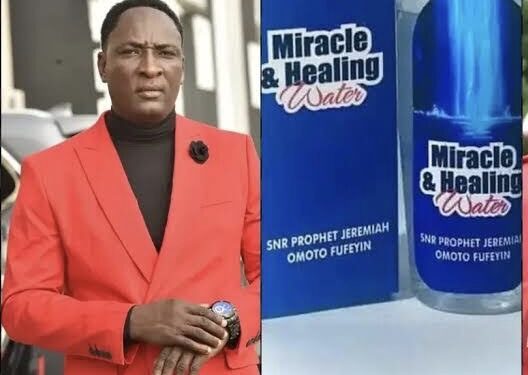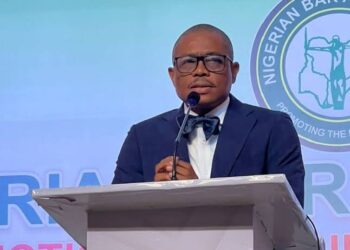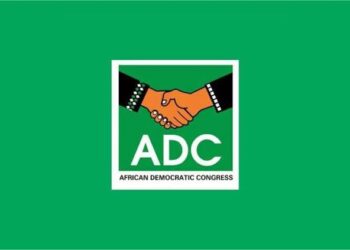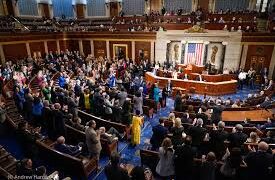In recent weeks, Nigerians have been abuzz with allegations surrounding what has been dubbed the “miracle water scandal.” The National Agency for Food and Drug Administration and Control (NAFDAC) has launched an investigation into the claims made by Prophet Jeremiah Omoto Fufeyin, a prominent religious leader known for his unconventional miracles and faith-based remedies.
Prophet Jeremiah Omoto Fufeyin, founder of Christ Mercyland Deliverance Ministry, has gained notoriety for his purportedly miraculous healing water, which he claims can cure a range of ailments and bring financial blessings. The water, distributed through his ministry, has attracted thousands of followers who vouch for its transformative effects. However, NAFDAC has expressed concerns about the safety and efficacy of the product, leading to a comprehensive investigation.
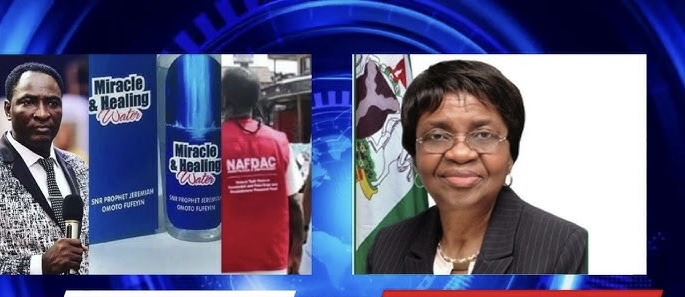
NAFDAC’s scrutiny has intensified following reports that some individuals have experienced adverse effects after using the water. The agency is particularly concerned about the lack of scientific validation for the claims made about the product and potential violations of food and drug regulations.
In a recent press conference, Prophet Jeremiah Omoto Fufeyin responded to the allegations with a mix of defiance and assurance. He emphasized his commitment to transparency and insisted that the miracle water is prepared with utmost care and divine guidance. According to Prophet Jeremiah, the product’s benefits are a result of divine intervention rather than any pharmaceutical or scientific process.
“NAFDAC’s investigation is an opportunity for us to demonstrate the genuine nature of our work,” Prophet Jeremiah stated. “We are confident in the miraculous power of the water and are prepared to cooperate fully with the authorities to clear up any misunderstandings.”
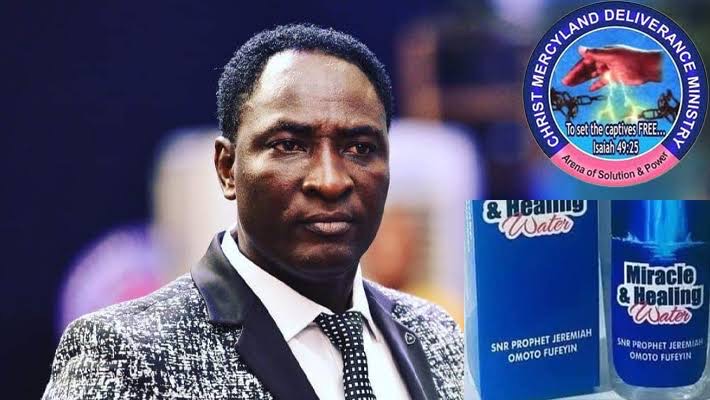
The Prophet’s statements have sparked a range of reactions. Supporters argue that the investigation is an attempt to undermine religious practices that offer hope and healing to many. Critics, however, urge for rigorous scientific evaluation to ensure public safety and prevent exploitation.
Legal experts suggest that the outcome of the NAFDAC investigation could set a significant precedent for how faith-based remedies are regulated in Nigeria. The focus will likely be on whether Prophet Jeremiah’s miracle water is in violation of any health and safety laws, and if so, what measures should be taken.
As the investigation proceeds, both NAFDAC and Prophet Jeremiah are expected to provide further updates. The outcome will be keenly watched, not only for its implications on the miracle water industry but also for its impact on the intersection of faith and regulation in Nigeria.
For now, the public remains divided, with fervent supporters of Prophet Jeremiah maintaining their faith in the miracle water while others advocate for stringent regulatory oversight. The coming weeks will be critical in determining the resolution of this high-profile case.


